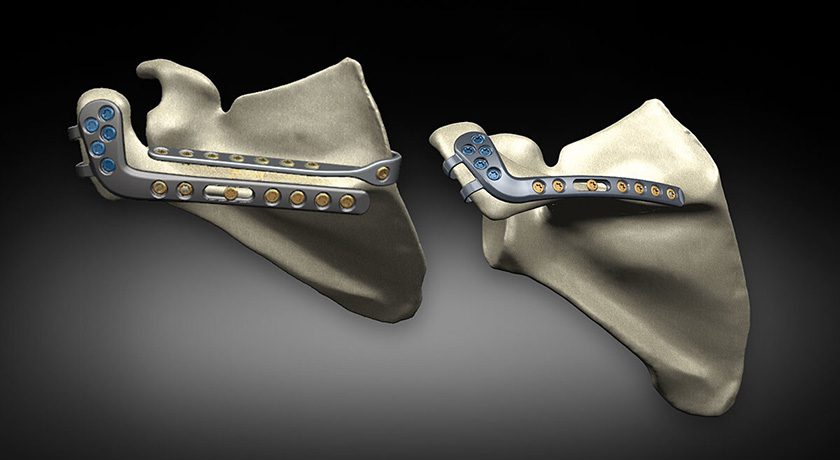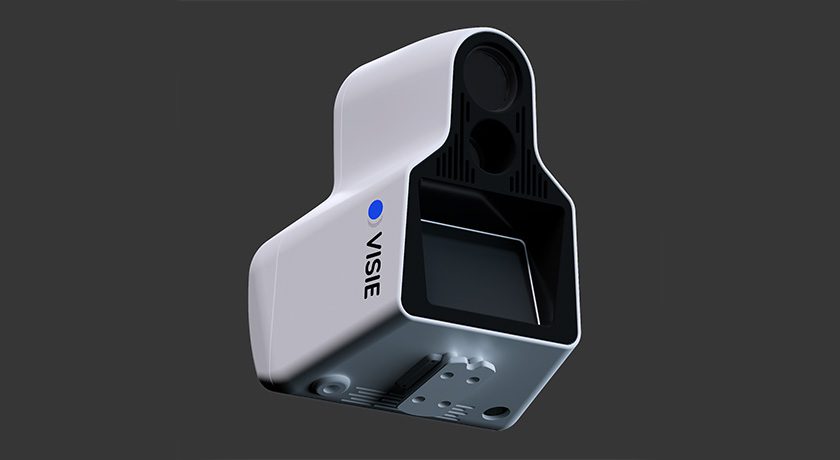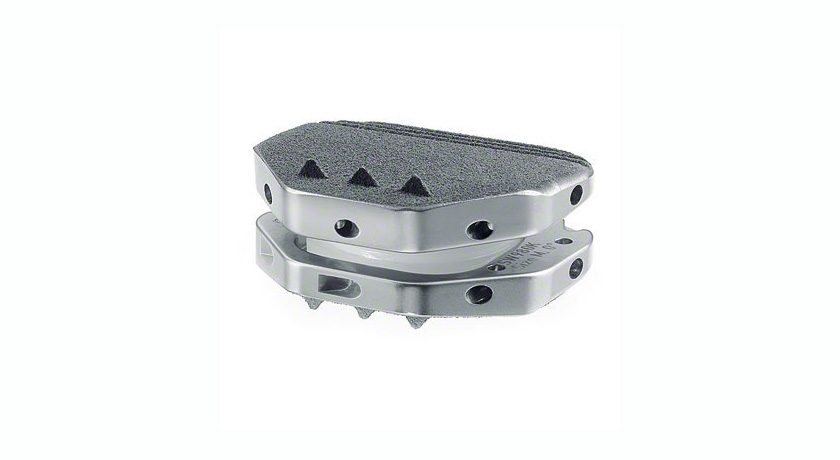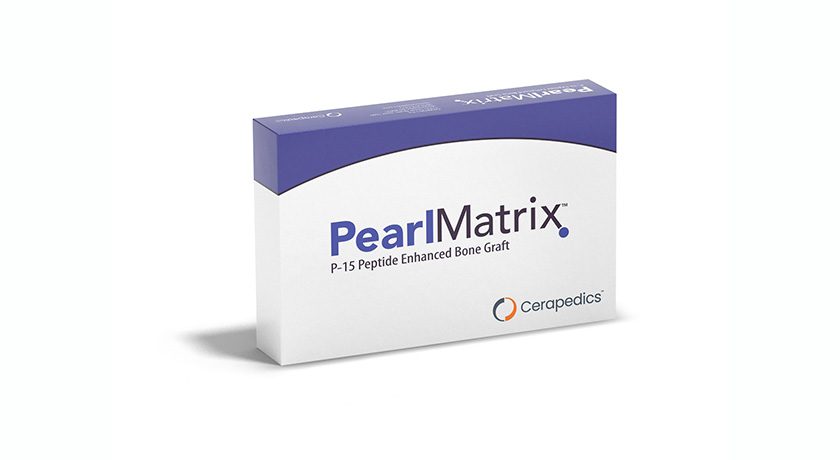
 Copy to clipboard
Copy to clipboard 
Osso VR announced expansion to the European market following adoption of its virtual reality surgical training system by Newcastle Hospital’s Simulation Centre in the U.K.
“Newcastle Hospital has the widest adoption of robotic and minimally invasive surgery in the U.K.,” said Naeem Soomro, Director of Robotic Surgery at Newcastle Hospital. “At Newcastle Surgical Training Centre, we deliver around 300 surgical courses each year and believe that [virtual and augmented reality] along with realistic simulation will become a significant component of surgical training in the future.”
In the U.S., Osso VR is being used in residency programs to increase access to hands-on training and assessment opportunities for surgical trainees. Orthopedic device companies are using the platform to support training, encourage safe use and increase device adoption.
Osso VR augments the apprenticeship training model. Preliminary study results have shown that an Osso VR-trained group performed 230% better than a traditionall trained control group.
Source: Osso VR
BONEZONE® spoke with Justin Barad, M.D., CEO and Co-founder of Osso VR, who noted, “Industry is no longer selling metal and plastic devices; they are selling patient outcomes. The biggest gap in patient outcomes seems to be training and assessment. You can invest hundreds of millions of dollars in making a knee replacement slightly better, and it’s likely not going to have an impact on patient outcomes, or you can implement an affordable system on global training that can have a massive impact on outcomes. That makes a difference when a value analysis committee is deciding between two different implant systems that look very similar.”
Osso VR announced expansion to the European market following adoption of its virtual reality surgical training system by Newcastle Hospital's Simulation Centre in the U.K.
“Newcastle Hospital has the widest adoption of robotic and minimally invasive surgery in the U.K.,” said Naeem Soomro, Director of Robotic Surgery at Newcastle Hospital. “At...
Osso VR announced expansion to the European market following adoption of its virtual reality surgical training system by Newcastle Hospital’s Simulation Centre in the U.K.
“Newcastle Hospital has the widest adoption of robotic and minimally invasive surgery in the U.K.,” said Naeem Soomro, Director of Robotic Surgery at Newcastle Hospital. “At Newcastle Surgical Training Centre, we deliver around 300 surgical courses each year and believe that [virtual and augmented reality] along with realistic simulation will become a significant component of surgical training in the future.”
In the U.S., Osso VR is being used in residency programs to increase access to hands-on training and assessment opportunities for surgical trainees. Orthopedic device companies are using the platform to support training, encourage safe use and increase device adoption.
Osso VR augments the apprenticeship training model. Preliminary study results have shown that an Osso VR-trained group performed 230% better than a traditionall trained control group.
Source: Osso VR
BONEZONE® spoke with Justin Barad, M.D., CEO and Co-founder of Osso VR, who noted, “Industry is no longer selling metal and plastic devices; they are selling patient outcomes. The biggest gap in patient outcomes seems to be training and assessment. You can invest hundreds of millions of dollars in making a knee replacement slightly better, and it’s likely not going to have an impact on patient outcomes, or you can implement an affordable system on global training that can have a massive impact on outcomes. That makes a difference when a value analysis committee is deciding between two different implant systems that look very similar.”

You are out of free articles for this month
Subscribe as a Guest for $0 and unlock a total of 5 articles per month.
You are out of five articles for this month
Subscribe as an Executive Member for access to unlimited articles, THE ORTHOPAEDIC INDUSTRY ANNUAL REPORT and more.
JV
Julie Vetalice is ORTHOWORLD's Editorial Assistant. She has covered the orthopedic industry for over 20 years, having joined the company in 1999.







